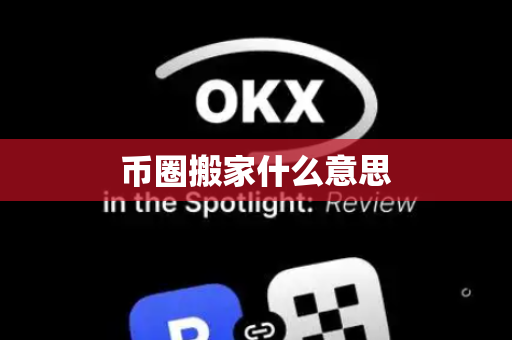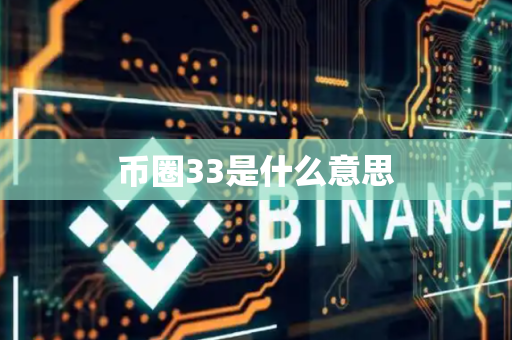Introduction to DeFi and the Role of Developers
In recent years, decentralized finance (DeFi) has emerged as one of the most prominent sectors within the crypto world. It encompasses financial services built on blockchain technology that operate independently of traditional banking systems. The development and maintenance of these DeFi protocols necessitate specialized expertise referred to as developers.
Understanding the Term "Dev"

The term "Dev" stands for developer or software engineer. Within the context of cryptocurrency and DeFi applications, it specifically denotes individuals responsible for writing code to create, maintain, and optimize the functionalities of various DeFi projects.
Importance of Developers in DeFi Applications
Developers play a crucial role in DeFi by ensuring the security, stability, and scalability of decentralized applications. Their responsibilities encompass:
- Writing Smart Contracts: Smart contracts automate transactions, ensuring they execute automatically when predefined conditions are met.
- Backend Development: Building the backend infrastructure essential for DeFi platforms to function correctly.
- User Interface Design: Crafting user-friendly interfaces for users to interact with DeFi services.
- Security Testing: Identifying and mitigating potential vulnerabilities in the application.
- Optimization: Continuously enhancing the performance and efficiency of DeFi applications.
Key Skills Required for DeFi Developers
To excel in DeFi, developers must possess a blend of technical proficiency, creativity, and problem-solving ability. Essential qualities include:
- Solid Knowledge of Blockchain Technology: Understanding how blockchains function and their impact on security and decentralization.
- Programming Languages: Proficiency in languages like Solidity (Ethereum), Python, JavaScript, and related technologies pertinent to specific projects.
- Blockchain Frameworks: Experience with frameworks such as Truffle, Hardhat, and Web3.js.
- Ethical Hacking: Awareness of common attack vectors and defensive measures to safeguard decentralized systems.
- Collaboration: Effective collaboration with team members, including designers, testers, and project managers, to ensure smooth integration and successful delivery.
Challenges Faced by DeFi Developers
Despite the benefits, DeFi developers encounter several obstacles, including:
- Scalability Issues: Decentralized applications may struggle with high transaction volumes due to limitations in blockchain processing speeds.
- Regulatory Uncertainty: Rapid growth in DeFi has led to global regulatory scrutiny, posing risks to developers operating across diverse jurisdictions.
- Community Management: Managing an active community around DeFi projects requires strategic communication and engagement techniques.
- Market Volatility: High volatility in cryptocurrency markets impacts liquidity and could disrupt DeFi operations.
Future Trends in DeFi Development
As DeFi continues to evolve, we anticipate advancements in multi-feature integration, enhanced security, improved user experiences, and sustainable practices. Additionally, we expect a rise in mainstream investor adoption and a stronger emphasis on environmental responsibility within the industry.
Conclusion: The Critical Role of Developers in the DeFi Ecosystem
Developing in the DeFi landscape underscores the significance of this sector within the broader tech ecosystem. As DeFi advances, the value of skilled developers will continue to grow. By remaining attuned to current trends, tackling emerging challenges, and innovating novel solutions, these professionals will be instrumental in shaping the future of financial technology.







